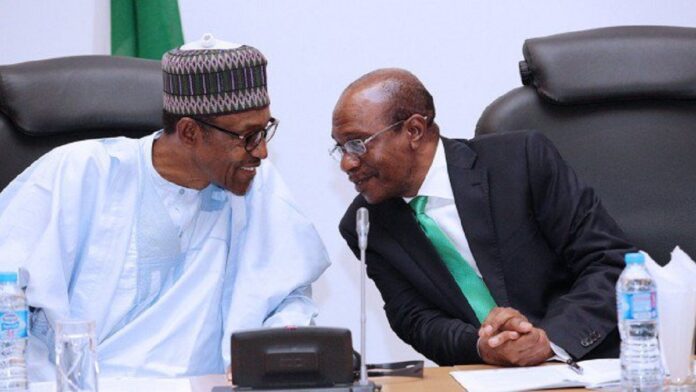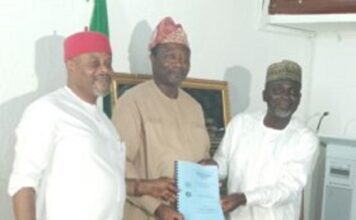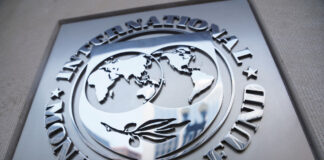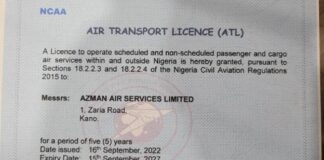Nigeria’s Current Account Estimated to Deteriorate
Signifying the difference between export and import earnings, Nigeria’s current account has been projected to deteriorate, flipping from a short-lived surplus in 2022 back into a deficit in 2023, Fitchsolutions said in a report.
Nigeria’s current account position improved in early 2022, but analysts do not think that this will last. Fitchsolutions estimates that the country’s balance of payments position shifted from a deficit worth 0.4% of GDP in 2021 to a surplus worth 0.6% of GDP in 2022.
It said the 2022 surplus was the temporary result of higher oil revenues which resulted in a significant improvement in Nigeria’s trade position.
“We estimate that the trading account shifted from a deficit of 0.7% of GDP in 2021 to a surplus worth 1.9% of GDP in 2022. This was almost entirely due to the increased value of Nigerian oil exports”. READ:Nigeria’s GDP improves by 3.54% in Q2 2022
While the volume of exports fell sharply earlier this year due to maintenance and security issues, the elevated price of oil caused the value of exports to rise.
“We estimate that oil exports jumped from 10.8% of GDP in 2021 to an eight-year high of 13.6% of GDP in 2022”, it added, with an expectation that oil revenue will fall sharply.
According to the report, analysts anticipate that the value of oil exports will slip from USD57.8 billion which is 13.6% of GDP in 2022 to a seven-year low of USD37.4 billion or 9.1% of GDP, saying two factors will drive this decline.
“First, we expect that oil prices will fall, from an average of USD105.00 per barrel in 2022 to an average of USD100.00 per barrel in 2023. And, given increasing signs of weakness from major economies, risks to this forecast are probably weighted to the downside.
“Second, we think that the volume of Nigerian oil production will extend its recent decline into 2023. Indeed, our Oil & Gas team expects that production will drop by another 15.5% in 2023, taking daily output to 1.5 million barrels per day,” it explained
Given that oil makes up over 90% of Nigeria’s exports, this will have a significant impact on the country’s balance of payments position. Fitchsolutions expects that non-oil exports will pick up slightly in 2023 but their contribution to total exports will remain small.
“Nigeria has run a service account deficit since 1996, and we expect that this will continue in 2023 (we estimate a deficit of 2.6% of GDP). The continued decline of the oil sector will only increase Nigeria’s dependence on remittance flows from its large diaspora”.
The report noted that these inflows were worth 5.0% of GDP in 2021 and we expect that they will rise to 5.5% in 2023. It said the poor performance of the oil sector is not simply a short-term problem.
The firm expects that Nigeria’s current account position will deteriorate over the duration of our forecast period.
“Based on our Oil & Gas team’s current forecasts, we anticipate that Nigeria’s current account deficit will steadily widen over the coming years. By 2026, we expect a shortfall worth 2.0% of GDP”
While this is still relatively small by emerging market standards, it would be a significant shift for a country that ran large surpluses almost every year between 2000 and 2014.
Given Nigeria’s difficult business environment and complex FX market, mobilising consistent capital inflows will be a more significant problem for Nigeria than for most other EMs.
#Nigeria’s Current Account Estimated to Deteriorate#




























































































